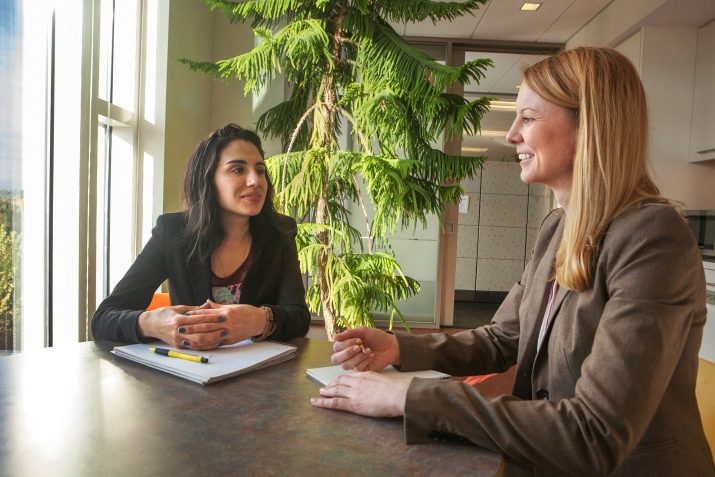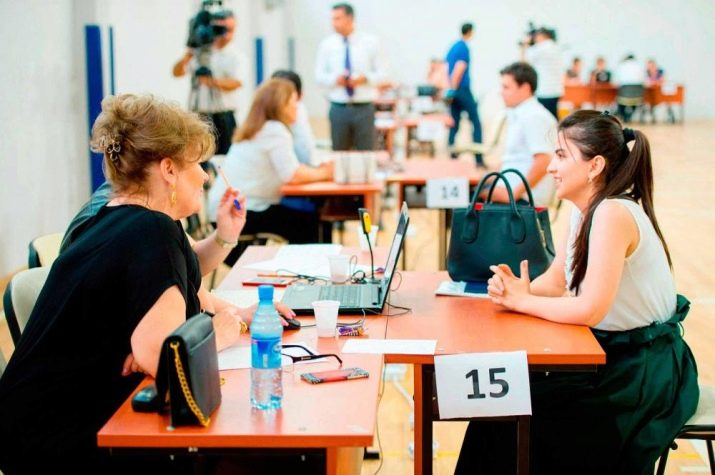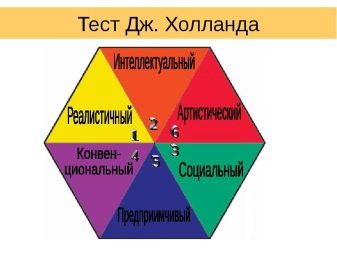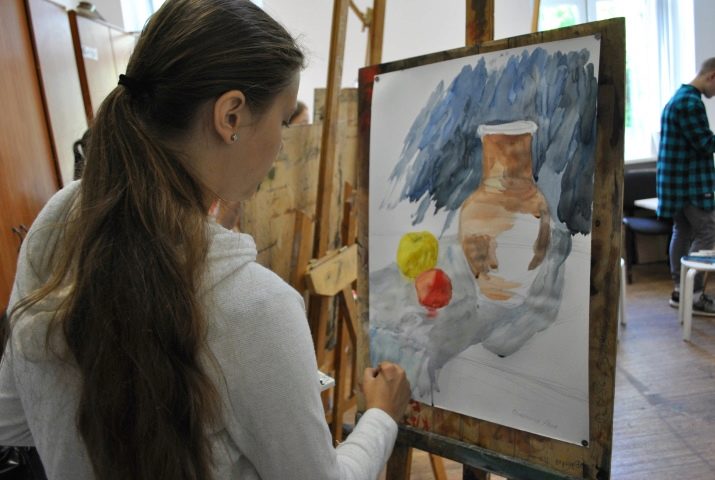Admission to an educational institution depends not only on knowledge. College interviewing is equally important. You need to know what are the common questions and how to properly prepare for the interview.
Types of Interviews
In college - and at universities of various levels - often an interview is held upon admission. Not a single educational institution discloses in advance what is specifically checked with such a test. But analyzing the experience of people who have already passed such tests, we can distinguish the following types of interviews:
- the conversation is “for show”, that is, purely formal and not affecting the decision of the selection committee;
- general (conversation on various topics in order to identify general educational background and characterize the intellectual level of the applicant);
- interview-exam (with passing tests, completing tasks related to the chosen specialization);
- psychological testing (to determine the psychological suitability of a person for a particular profession).
In reality, these types of interviews may overlap. So, the examination test almost always involves the establishment of psychological characteristics of the applicant. Questions of a general nature can be asked along with questions about professional competence. And if the applicant manages to convince the admissions committee of their preparedness ahead of schedule, it is likely that they will ask a few more formal, non-binding questions.
In any case, they will look at the ability to hold on and show themselves.

FAQ
At an interview in a medical college they ask not only what applies to biological sciences and the Russian language. The physician is very important certain personality traits and moral and ethical characteristics. Thanks to them, the doctor will be able to work extremely efficiently. Tests in medical colleges are designed to weed out just those people who can not perform the duties of a doctor properly.
Questions are usually directed:
- to clarify willingness to help people;
- humanity assessment;
- determination of resistance to stress;
- clarification of the intellectual and cultural level;
- determination of politeness and tact in communication.
Future doctors may also be asked questions related to:
- non-disclosure of confidential information and official secrets;
- initiative;
- sociability;
- leadership characteristics;
- ability to organize work;
- reaction rate;
- responsibility;
- ability to maintain restraint even in a difficult situation.

Concrete formulations in each case are selected individually. But most often, psychological testing is carried out according to the methods:
- DDO Klimova;
- Schmishek-Leonhard questionnaire;
- test of professional preferences of Holland.
An interview at a teacher training college involves first of all finding out the level of sociability. The teacher who is not ready to communicate with students and with other teachers is bad. An equally important role is played by those questions that are aimed at clarifying ideas about the qualities of a teacher and at what qualities an applicant considers optimal for pedagogical work. Additionally, they may ask:
- about your favorite holidays;
- hobby;
- how the applicant is going to separate the fighting children;
- what will the entrant do if the children begin to make noise;
- how to stop bullying one of the students.


The Polytechnic College is testing applicants for each specialty separately. There there are a lot of specific requirements and nuances, depending on the range of competencies and tasks. Therefore, in general terms, it is impossible to characterize all this.
When entering a maritime college for an interview, they are usually interested in those special knowledge and issues that are not included in the secondary school curriculum. Such a check allows first of all to find out how much the entrant is keen on maritime affairs, whether he is fully interested in it.
When they enter college, they usually try to find out what kind of person is going to go there, what they can do, what they are ready for and how motivated they are. The ability to keep oneself and talk about oneself in public is also evaluated. They may also be interested in knowledge of geography and nature, the history of various countries and regions.
Entering the college of Olympic reserve, you need to be prepared for psychological testing. They do not ask any professional questions.
Those who decide to study as a cook will have to demonstrate their personal qualities during the interview. Questions may be asked about the artistic taste and level of imagination (after all, a good chef is not just a craftsman, he creates a work of art from products). They will certainly ask about the motives for choosing a profession. They will ask if the applicant is ready for constant physical activity.
Upon admission to college, technology and services are usually not interviewed, instead a creative test is organized - a drawing.

How to answer correctly?
Each question is usually given a detailed answer. But sometimes you have to answer succinctly. What will happen in a particular case cannot be predicted, because much depends on the selection committee and its mood. We must try to prove our interest in the profession, knowledge of some of its features and future professional duties. Very detailed answers are unlikely to be required.
You need to listen as carefully as possible so as not to miss the minor nuances. Applicants need to be more relaxed.The selection committee almost always eliminates those who are too nervous. It is very important to speak confidently and calmly, in a clear, even voice.
It is advisable to work in advance to eliminate speech defects, if any.
Preparation Tips
In order to get an interview at an educational institution with a good result, it is very important to prepare well. The clothes are taken beautiful, comfortable, but not too frivolous or shocking people. It is better to focus on a formal style and abandon jeans. Also important:
- Compliance with the regime of the day in the last few days before the test;
- neat appearance;
- punctual arrival for an interview;
- the study of data about the institution, its past, structure, leadership and extracurricular life;
- positive attitude;
- long sleep on the eve.











